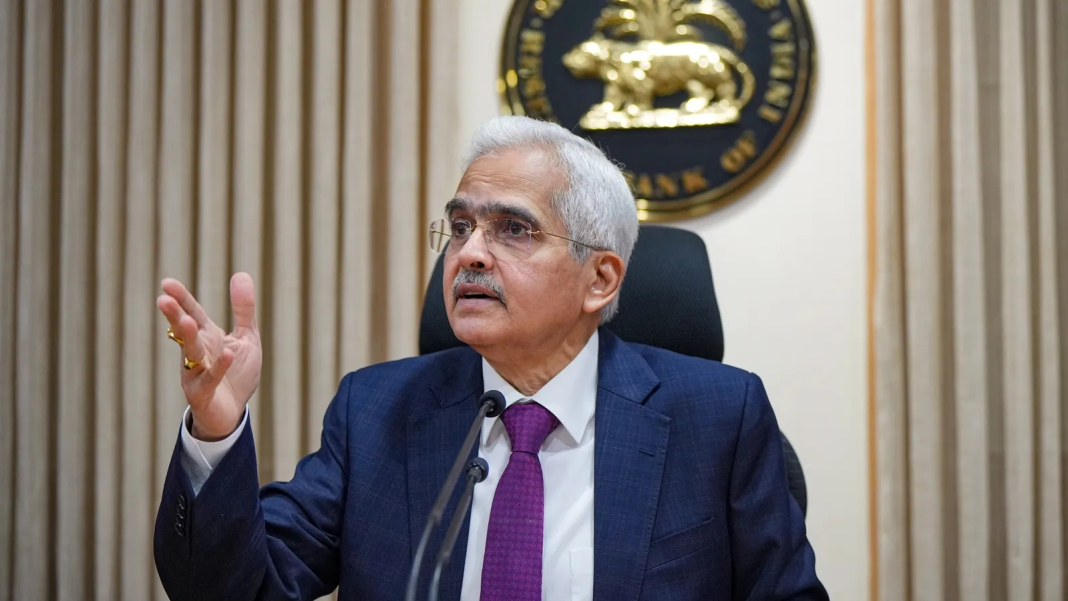Mumbai, November 22: Reserve Bank of India (RBI) Governor Shaktikanta Das emphasized the vital role of price stability in fostering sustained economic growth during his address at the “High-Level Policy Conference of Central Banks from the Global South” on Thursday.
“Price stability is as important as growth in enabling economic agents to plan ahead, reduce uncertainty and the inflation risk premium, and encourage savings and investment. These elements collectively boost the potential growth rate of the economy,” Das stated, underscoring the importance of maintaining balanced monetary policies.
Price Stability: The Bedrock of Growth
Governor Das highlighted that stable inflation enhances individuals’ purchasing power and creates a conducive environment for investment, describing price stability as “the bedrock for sustained growth.”
Das acknowledged the complex task of balancing inflation and growth, a challenge exacerbated by overlapping global crises such as the COVID-19 pandemic, geopolitical tensions, supply chain disruptions, and climate change.
India’s Journey Through Economic Challenges
Reflecting on India’s response to these crises, Das credited the Flexible Inflation Targeting (FIT) framework for helping the country navigate economic uncertainties. This framework, which aims to balance inflation targeting with growth objectives, ensured that the RBI’s monetary policy remained adaptive and forward-looking.
“During the pandemic, we prioritized growth, tolerating temporary inflation spikes caused by supply chain disruptions. Our assessment proved correct, as inflation receded once supply chains normalized,” Das explained.
The Global South and the Growth-Inflation Trade-Off
Addressing central banks from the Global South, Das noted that managing price stability amid uncertainties has become a cornerstone of monetary policy for these nations. He emphasized the unique growth-inflation trade-offs faced by these countries, where economic development and poverty alleviation remain critical priorities.
“Price stability reduces uncertainty, encourages investment, and protects the purchasing power of vulnerable populations, making it fundamental to achieving sustained high growth,” Das concluded.

